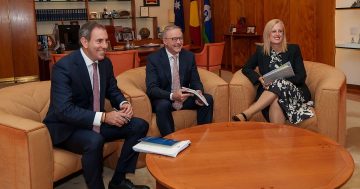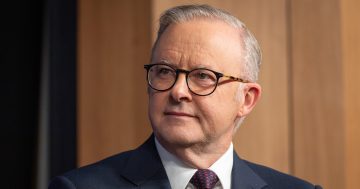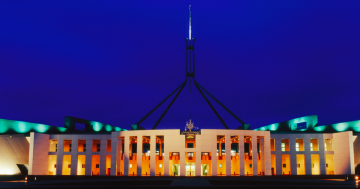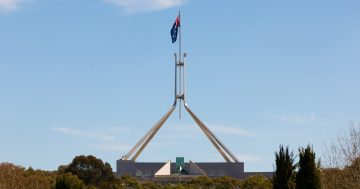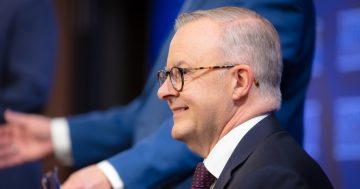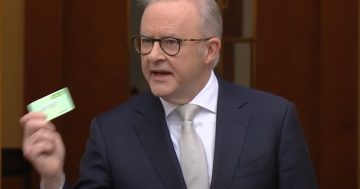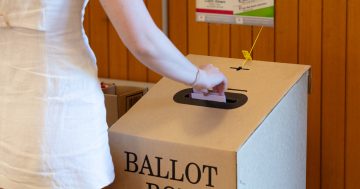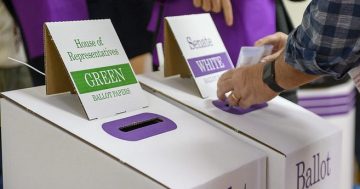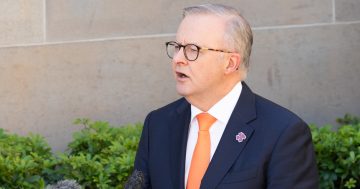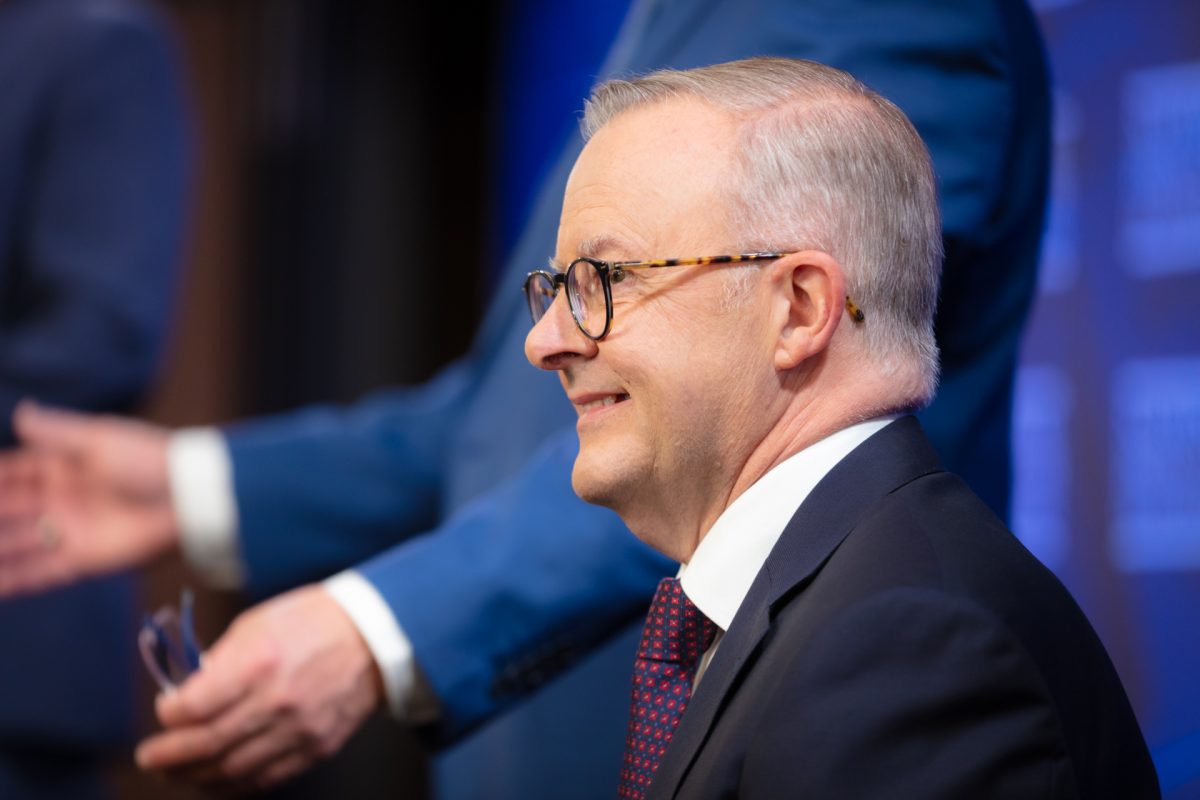
Prime Minister Anthony Albanese just might be up for calling an election this year. Photo: Michelle Kroll.
Federal Parliament resumes today (6 February), and as parliamentary years go, this one will be hectic – for MPs and the bureaucracy.
Yes, they’re always busy, but this year, the government will be making serious preparations to send the nation back to the polls.
A federal election isn’t due until next year – May next year if we’re talking about the government going full term.
But there are a few things lining up to suggest we all might be voting somewhat earlier than that.
While in theory, a House of Representatives election can be called almost any time, the reality is that in every election since 1974, Lower House elections have been held in conjunction with half-senate elections unless there is a double dissolution.
There won’t be a DD; therefore, constitutional rules, combined with the restrictions of fixed terms, means writs for a half-senate election can’t be issued until 1 July, the year before a Senate term expires.
This all adds up to an election window between August and May.
The first possible date for an election (if the writs were to be issued on 1 July) would be Saturday, 3 August this year.
That’s not going to happen either.
But that election window will be open and could feasibly stay open until 24 May next year.
State and territory elections also play a role when the prime minister wants the next federal election to be held.
The current PM, just like all before him, will call it when he deems the political climate will best favour incumbency.
And that’s where it becomes interesting regarding the possible date of the next federal poll.
The impact of Anthony Albanese’s backflip over stage 3 tax cuts will be greatest in the months straight after 30 June when take-home pay gets a bump. Voters will have more money in their pockets and will likely be feeling relatively favourable towards the PM.
That might be a good time to call an election.
Some Labor insiders are already privately saying October could be the month to watch.
That might seem a little ambitious at this point, but it’s not out of the question.
Neither is a November or early December poll.
If an election later this year is seriously on the cards, there’s a lot of work to do before then.
The government will announce as many initiatives as they can before then to win hearts and sway votes, which means even at a purely apolitical level, the Australian Public Service will be flat out on policy work and cabinet submissions.
It is already neck-deep in budget preparations.
Speaking on the ABC’s Insiders program on Sunday, the Prime Minister clearly hinted how the parliamentary year will play out.
He wants his government’s legislation passed and passed quickly – starting with the changes to stage 3 tax cuts that need to be in place well before July.
“We want it to be passed as soon as possible. Certainly, it needs to be passed during this existing session so as to provide that easy transition for employers, the tax office, for others as well,” Mr Albanese said.
“We want it passed during this session, which finishes up before Easter. But the sooner, the better.
“We will be able to give consideration in the House of Representatives in the next two weeks and the Senate will return after just a one-week break and be able to consider the legislation.
“This is legislation which people see, which will give every taxpayer a tax cut, and it should receive the support of every parliamentarian.”
When asked if he was tempted to call an election before the end of the year, the PM had this to say: “Look, I’m looking at 2025 in the normal pattern of things. We will make a decision as Prime Minister, in consultation. I think governments, as a general rule, should serve the full term. And that means an election in 2025.”
Sounds like he’s seriously considering a 2024 federal election.
Original Article published by Chris Johnson on Riotact.


